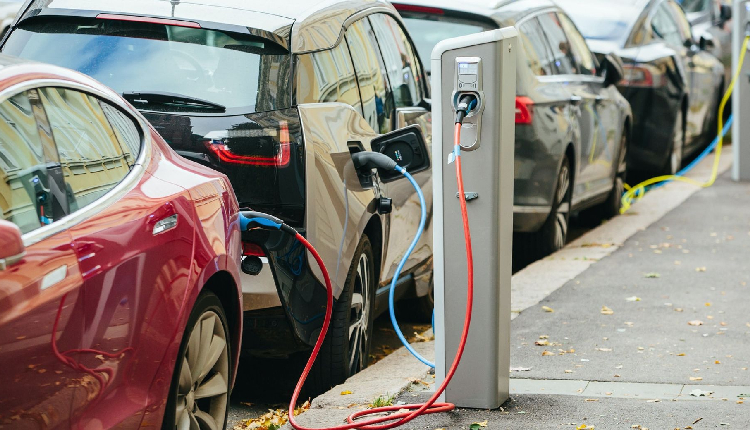The China Passenger Car Association (CPCA) announced on Tuesday that Chinese auto companies will continue to invest in Europe, brushing aside concerns about the ongoing EU anti-subsidy probe into Chinese electric vehicles (EVs).
The EU is expected to announce tariffs on Chinese EVs this week, accusing Chinese automakers of unfair state subsidies and disrupting the European market with excess production. China vehemently denies these allegations.
CPCA Secretary General Cui Dongshu emphasised that Chinese companies have no plans for aggressive tactics or low-price strategies that could destabilise European employment in the auto sector.
The CPCA data revealed a rare decline in Chinese car exports for May, falling nine per cent from a record high in April. This follows a similar trend in domestic sales, which declined 2.2 per cent in May after a 5.8 per cent drop in April.
The domestic electric vehicle market in China is thriving, with new energy vehicle (NEV) sales reaching a record high in May. Electric car and plug-in hybrid sales surged, accounting for 46.7 per cent of total car sales.
Electric vehicle sales increased by 27.4 per cent year-on-year, while plug-in hybrid sales rose by 61.1 per cent.
Despite the EU probe and threat of tariffs, which China considers protectionist, Chinese EV makers continue to ramp up production and explore overseas markets.
For example, Nio, China’s eighth-largest EV maker by sales, recently secured approval for a third factory in China, boosting its total production capacity to one million cars. The company also opened its first showroom in Amsterdam in May.
Government subsidies for trade-in schemes, totalling 11.2 billion yuan ($1.55 billion) this year, are helping to prop up domestic NEV sales while demand for gasoline cars continues to decline.
Attribution: Reuters


